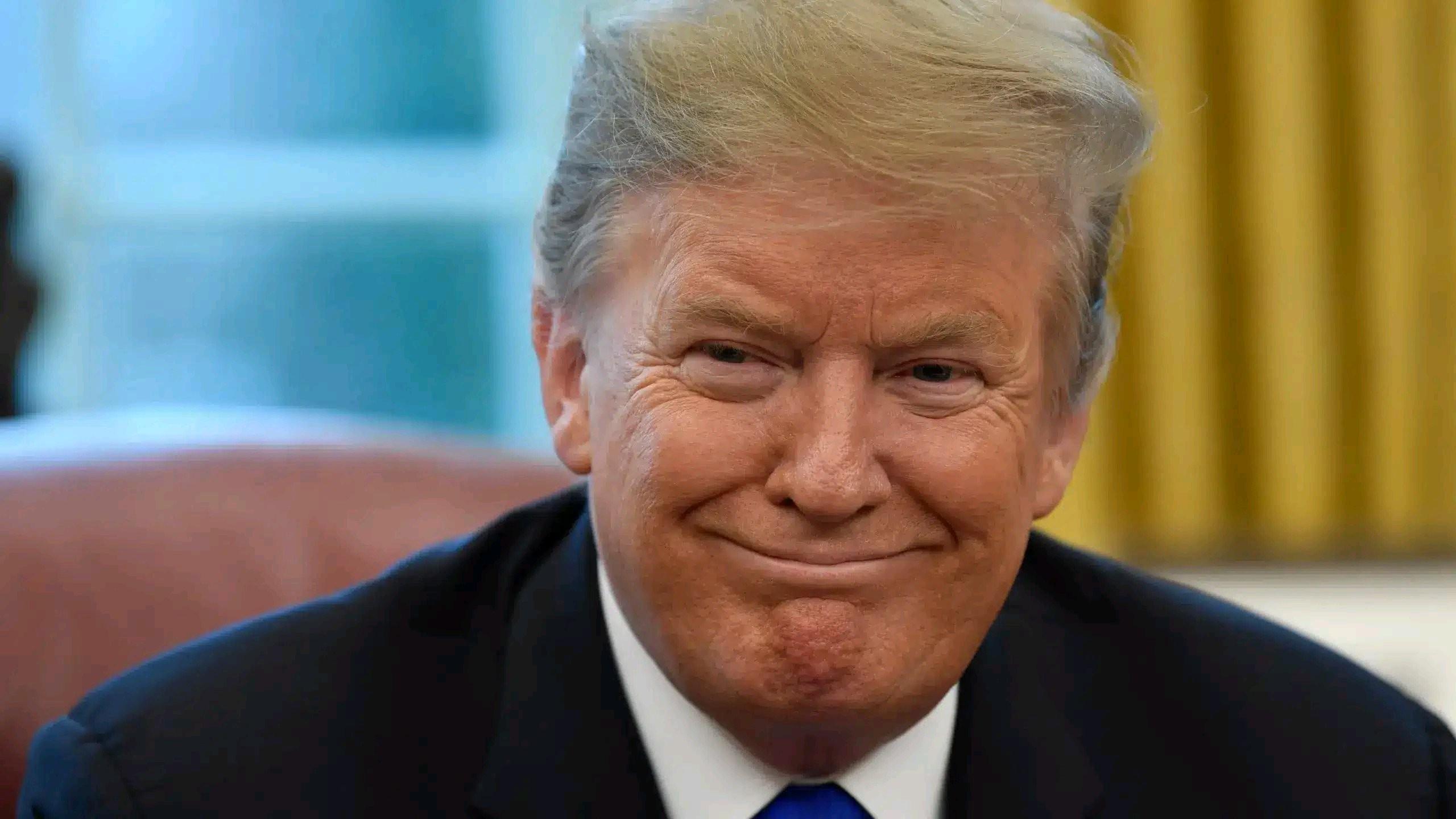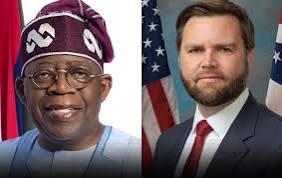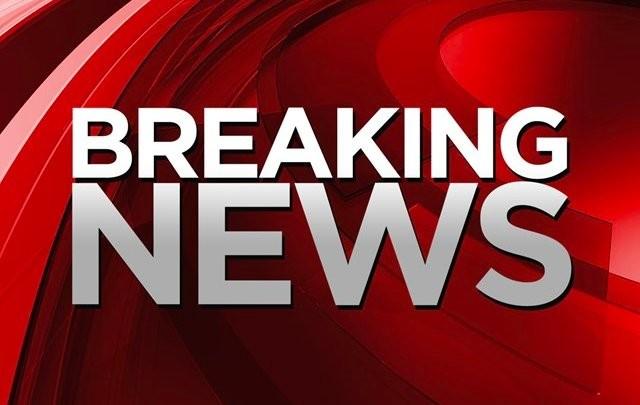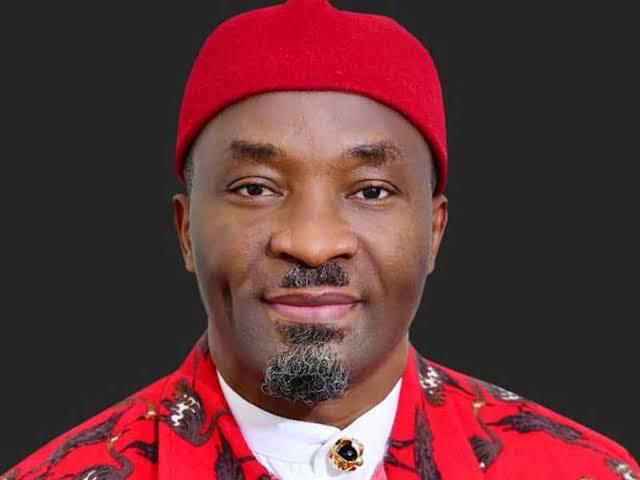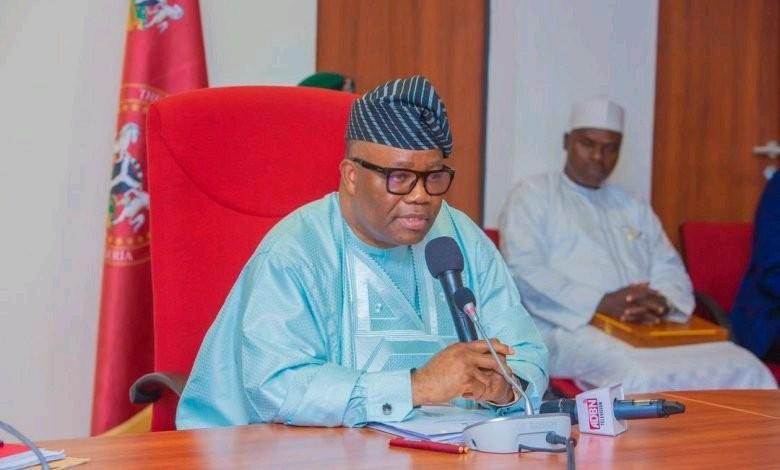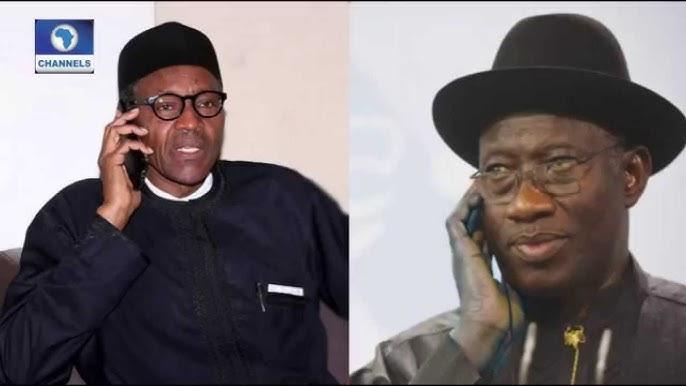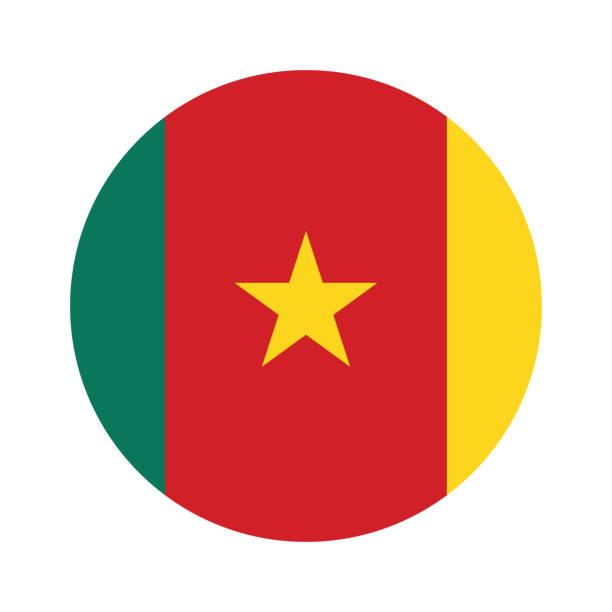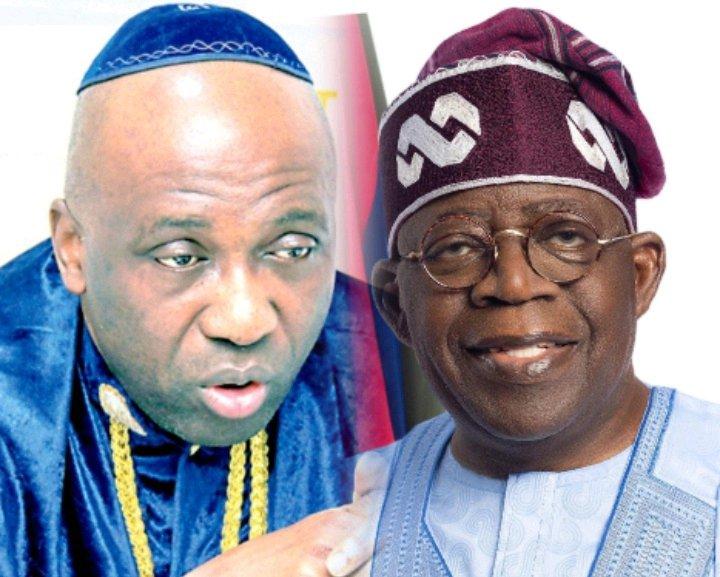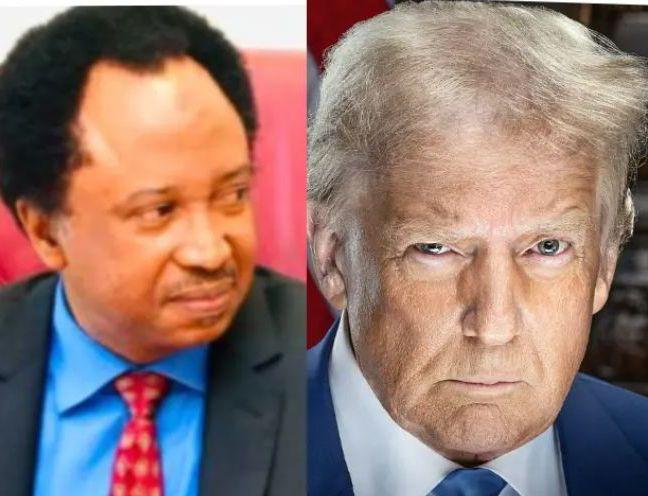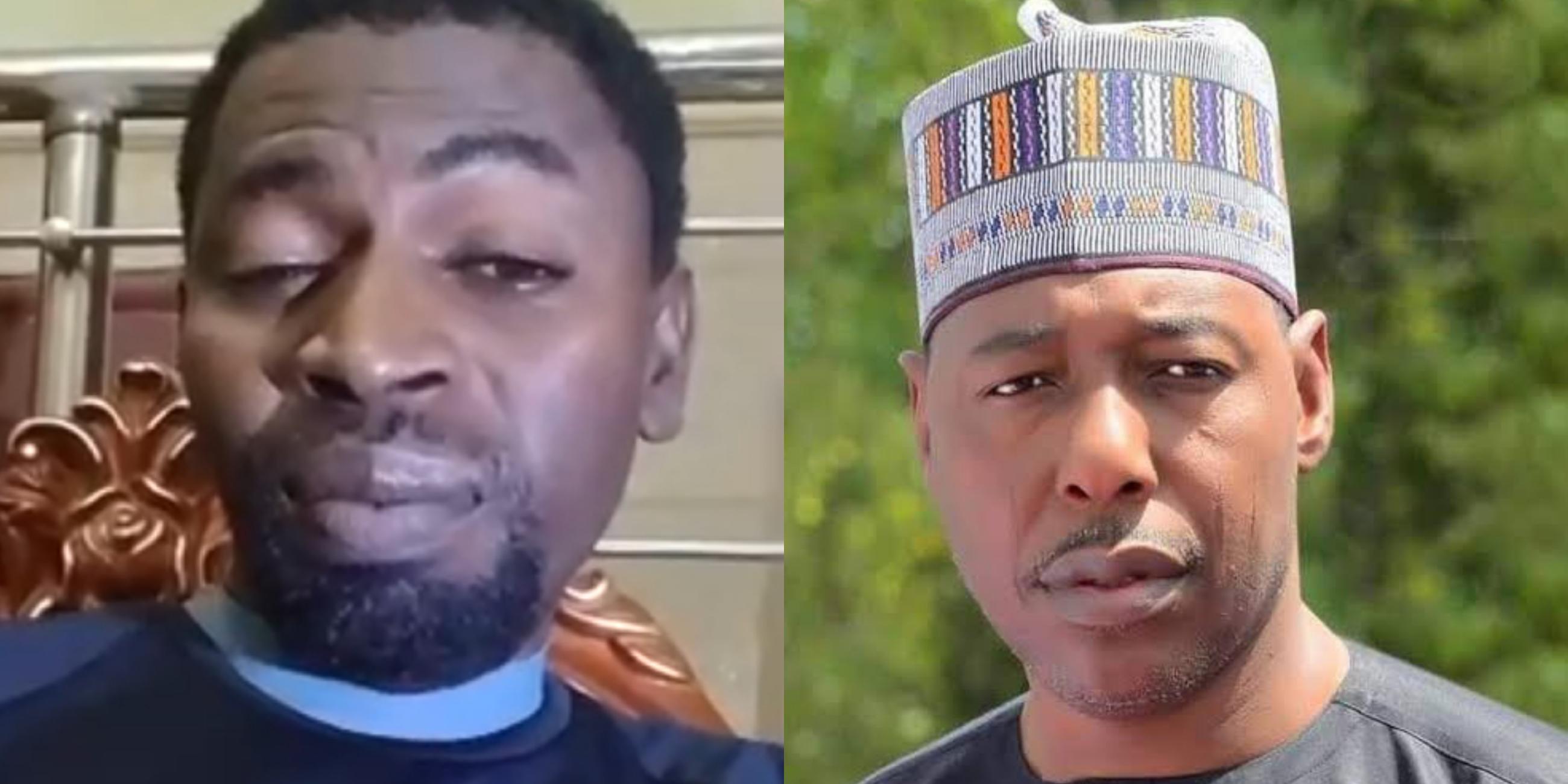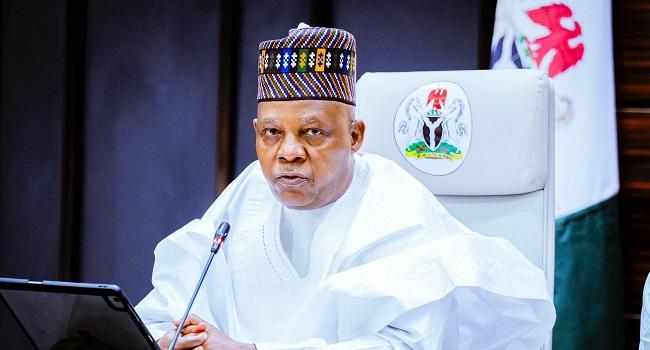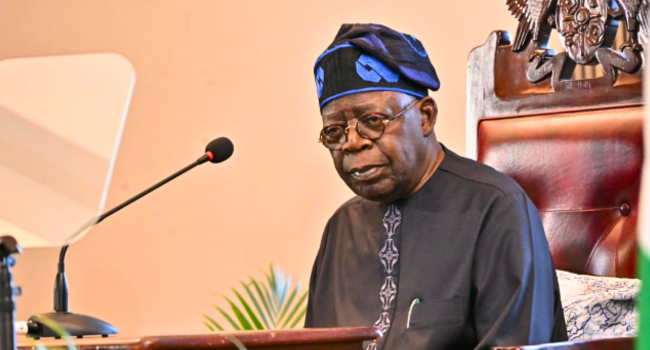31 U.S. lawmakers praise Trump for reinstating Nigeria as country of particular concern.
Thirty-one members of the united states congress have commended former president donald trump for reinstating nigeria’s designation as a “country of particular concern” (cpc), a status reserved for nations accused of severe violations of religious freedom.
In a joint statement released by Rep. Robert Aderholt, chairman of the house values action team, the lawmakers described trump’s move as a bold and moral step to confront what they called the persecution of christians in nigeria. Aderholt said the decision revived hope among nigeria’s christian communities and reaffirmed america’s commitment to defending global religious liberty.
House majority whip tom emmer hailed trump’s courage, calling him “a leader unafraid to defend people of faith,” while republican chair lisa mcclain condemned the killings in nigeria as “a moral outrage.”
Representatives chris smith, josh brecheen, mary miller, and mark alford urged for stronger u.s. sanctions and action against perpetrators of religious violence. smith, who chairs the house subcommittee on africa, said the move corrected the biden administration’s earlier decision to lift nigeria’s cpc status in 2020.
Trump had announced the reinstatement on his truth social page, warning that christianity faced an “existential threat” in nigeria and vowing that the U.S. would not ignore the killings. rep. riley moore, who raised the issue in congress, praised trump’s “moral clarity and leadership.”
However, nigeria’s government rejected the allegations, saying its conflicts are driven by crime, insurgency, and socio-economic issues — not religion. minister of information mohammed idris said the u.s. report was based on misinformation. President Bola Tinubu also reaffirmed nigeria’s commitment to religious freedom, stressing that the nation’s constitution guarantees equality and peaceful coexistence among all faiths.
Thirty-one members of the united states congress have commended former president donald trump for reinstating nigeria’s designation as a “country of particular concern” (cpc), a status reserved for nations accused of severe violations of religious freedom.
In a joint statement released by Rep. Robert Aderholt, chairman of the house values action team, the lawmakers described trump’s move as a bold and moral step to confront what they called the persecution of christians in nigeria. Aderholt said the decision revived hope among nigeria’s christian communities and reaffirmed america’s commitment to defending global religious liberty.
House majority whip tom emmer hailed trump’s courage, calling him “a leader unafraid to defend people of faith,” while republican chair lisa mcclain condemned the killings in nigeria as “a moral outrage.”
Representatives chris smith, josh brecheen, mary miller, and mark alford urged for stronger u.s. sanctions and action against perpetrators of religious violence. smith, who chairs the house subcommittee on africa, said the move corrected the biden administration’s earlier decision to lift nigeria’s cpc status in 2020.
Trump had announced the reinstatement on his truth social page, warning that christianity faced an “existential threat” in nigeria and vowing that the U.S. would not ignore the killings. rep. riley moore, who raised the issue in congress, praised trump’s “moral clarity and leadership.”
However, nigeria’s government rejected the allegations, saying its conflicts are driven by crime, insurgency, and socio-economic issues — not religion. minister of information mohammed idris said the u.s. report was based on misinformation. President Bola Tinubu also reaffirmed nigeria’s commitment to religious freedom, stressing that the nation’s constitution guarantees equality and peaceful coexistence among all faiths.
31 U.S. lawmakers praise Trump for reinstating Nigeria as country of particular concern.
Thirty-one members of the united states congress have commended former president donald trump for reinstating nigeria’s designation as a “country of particular concern” (cpc), a status reserved for nations accused of severe violations of religious freedom.
In a joint statement released by Rep. Robert Aderholt, chairman of the house values action team, the lawmakers described trump’s move as a bold and moral step to confront what they called the persecution of christians in nigeria. Aderholt said the decision revived hope among nigeria’s christian communities and reaffirmed america’s commitment to defending global religious liberty.
House majority whip tom emmer hailed trump’s courage, calling him “a leader unafraid to defend people of faith,” while republican chair lisa mcclain condemned the killings in nigeria as “a moral outrage.”
Representatives chris smith, josh brecheen, mary miller, and mark alford urged for stronger u.s. sanctions and action against perpetrators of religious violence. smith, who chairs the house subcommittee on africa, said the move corrected the biden administration’s earlier decision to lift nigeria’s cpc status in 2020.
Trump had announced the reinstatement on his truth social page, warning that christianity faced an “existential threat” in nigeria and vowing that the U.S. would not ignore the killings. rep. riley moore, who raised the issue in congress, praised trump’s “moral clarity and leadership.”
However, nigeria’s government rejected the allegations, saying its conflicts are driven by crime, insurgency, and socio-economic issues — not religion. minister of information mohammed idris said the u.s. report was based on misinformation. President Bola Tinubu also reaffirmed nigeria’s commitment to religious freedom, stressing that the nation’s constitution guarantees equality and peaceful coexistence among all faiths.
0 Yorumlar
·0 hisse senetleri
·404 Views



